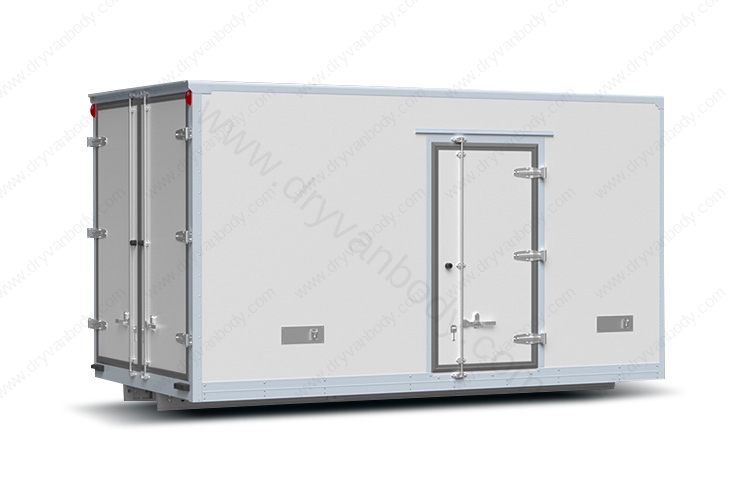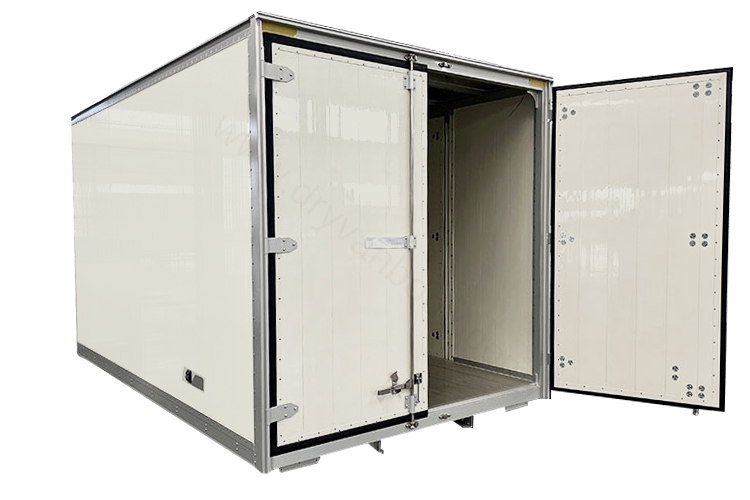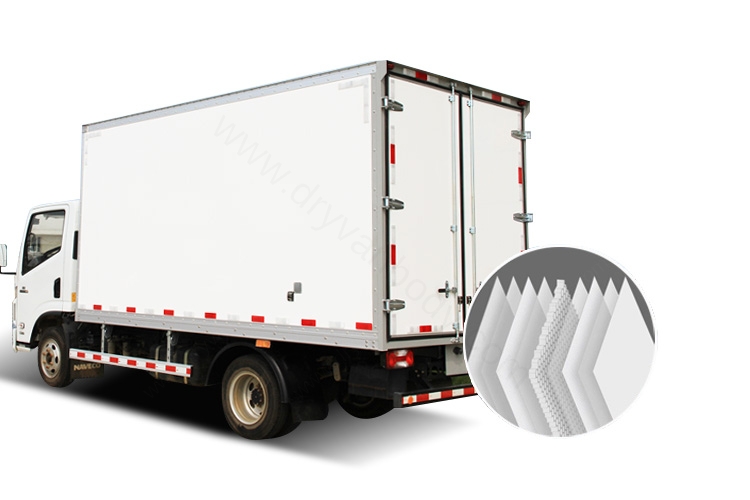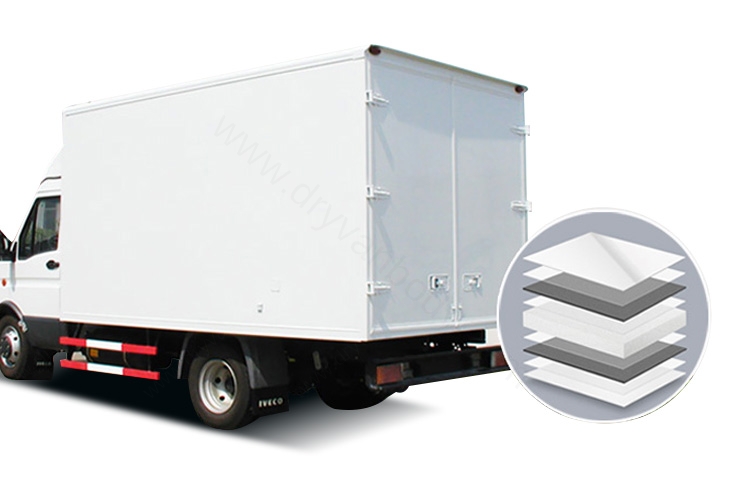The world of freight transportation is vast and varied, filled with numerous types of vehicles designed to move goods efficiently. One of the most common and versatile types of freight trucks is the dry van truck.
Whether you’re a logistics professional, a business owner looking for the best shipping solutions, or simply someone curious about the different types of trucks on the road, understanding dry van trucks can be beneficial. Let’s dive into what a dry van truck is and why it’s a crucial component in the shipping industry.
Understanding Dry Van Trucks
A dry van truck is a type of semi-trailer that is fully enclosed to protect cargo from external elements such as weather conditions. Unlike flatbeds or open trailers, dry van trailers have a roof and walls, providing a secure and safe environment for freight. This makes them ideal for transporting non-perishable goods, electronics, clothing, and other items that need protection from the environment.
What Types of Dry Van Trucks Are Available?





Key Features of Dry Van Trucks
Dry van trucks come with several distinguishing features:
- Enclosed Design: As mentioned, the primary feature of a dry van truck is its enclosed structure, which safeguards goods from rain, snow, and sun.
- Versatile Cargo Space: They offer a standardized cargo space, making them suitable for a wide range of goods.
- Secure Transport: With lockable doors, dry vans ensure that the freight is secure during transit.
- No Temperature Control: Unlike refrigerated trucks, dry vans do not offer temperature control. This means they are best suited for goods that are not sensitive to temperature changes.
The Role of Dry Van Trucks in Shipping
Dry van trucks play a pivotal role in the logistics and transportation industry. They are the backbone of dry van shipping, which involves the movement of goods in these enclosed trailers. This mode of shipping is favored for its reliability and ability to protect cargo from environmental factors.
Advantages of Dry Van Shipping
- Cost-Effective: Dry van shipping is often more affordable than other specialized freight options, making it a popular choice for many businesses.
- Widespread Availability: Due to their popularity, dry van trucks are widely available, ensuring ease of access for shippers across various industries.
- Flexibility: They can transport a diverse range of goods, from automotive parts to consumer products, without the need for special handling.
Limitations of Dry Van Shipping
While dry vans are incredibly versatile, they do have some limitations:
- No Temperature Control: As mentioned, dry vans do not have temperature control, so they are not suitable for perishable goods or items that require a specific climate.
- Weight Limitations: There are weight restrictions on what a dry van can carry, which limit the volume of heavy goods that can be shipped.
Exploring Dry Van Trailers
Dry van trailers are the detachable portion of the dry van truck and come in various sizes and configurations. The most common sizes are 48 feet and 53 feet, which can accommodate a significant amount of freight. These trailers are usually made from aluminum or fiberglass to ensure durability and strength.
Types of Dry Van Trailers
- Standard Dry Vans: These are the most common type, used for general freight.
- Pup Trailers: Smaller in size, typically around 28 feet, used for shorter hauls or when maneuverability is essential.
- Long Combination Vehicles (LCVs): These are longer configurations that involve coupling multiple trailers, used in regions where permitted.
What Do Dry Trucks Transport?
- Non-perishable food – packaged snacks, canned goods and cereals
- Apparel
- Household goods – appliances, furniture, trash cans, etc.
- Machinery and equipment
- Building materials
- Agricultural equipment or materials
- Auto parts and service products
- Beauty products
- Cleaning products
- Pharmaceuticals, healthcare equipment and devices
- Electronics
- Paper products and office supplies
- E-commerce freight and packages
- And much more!

